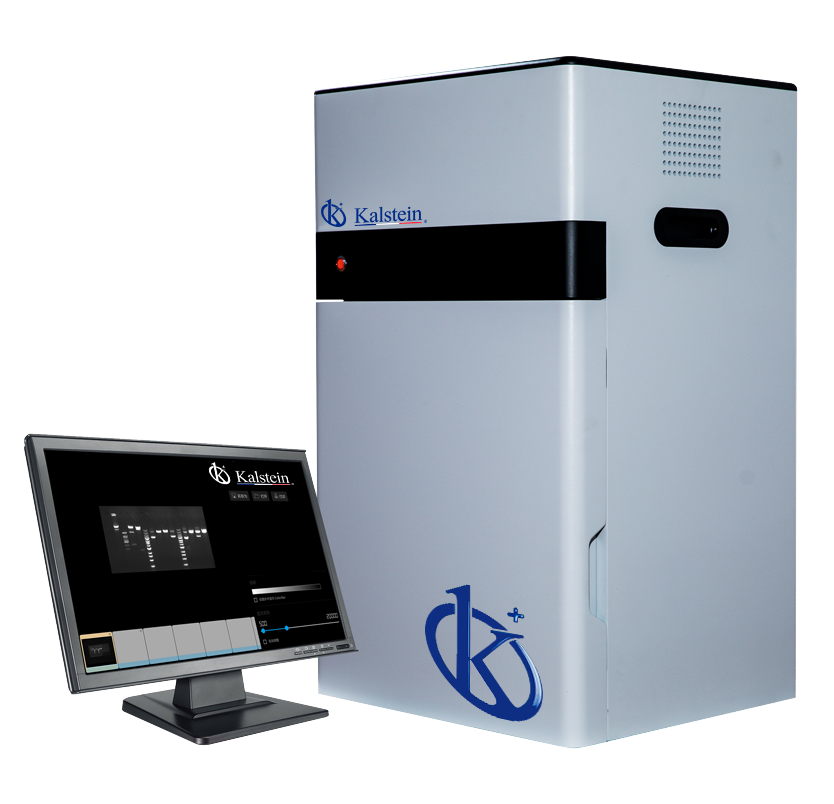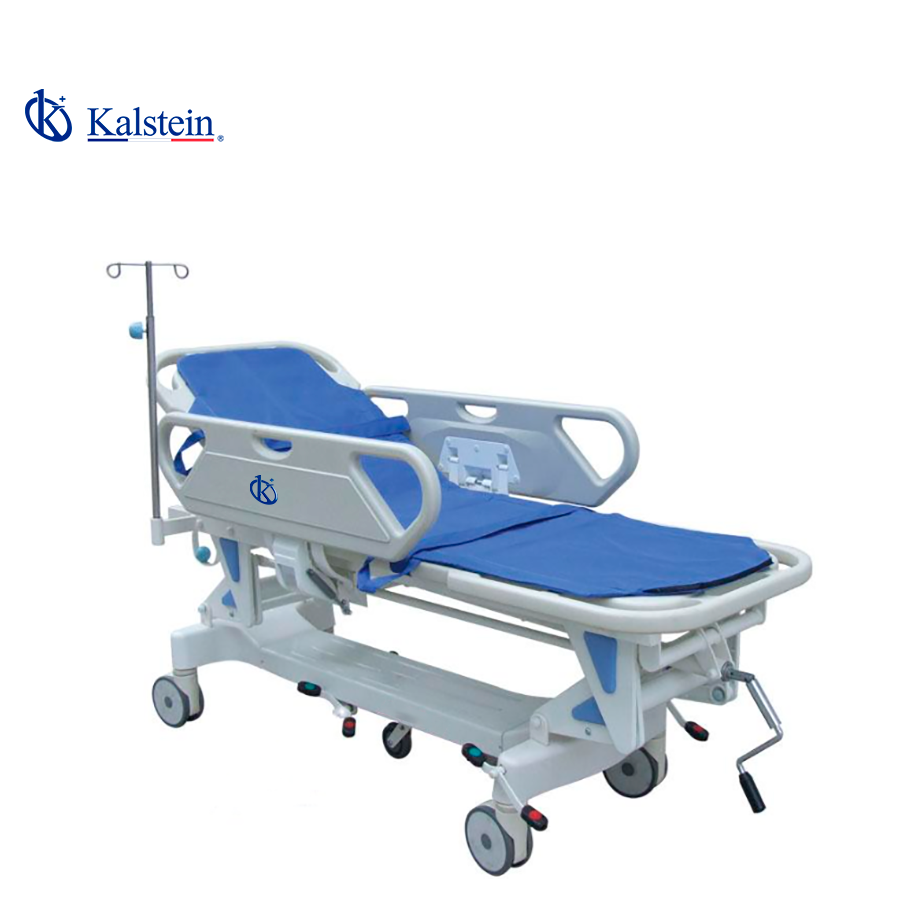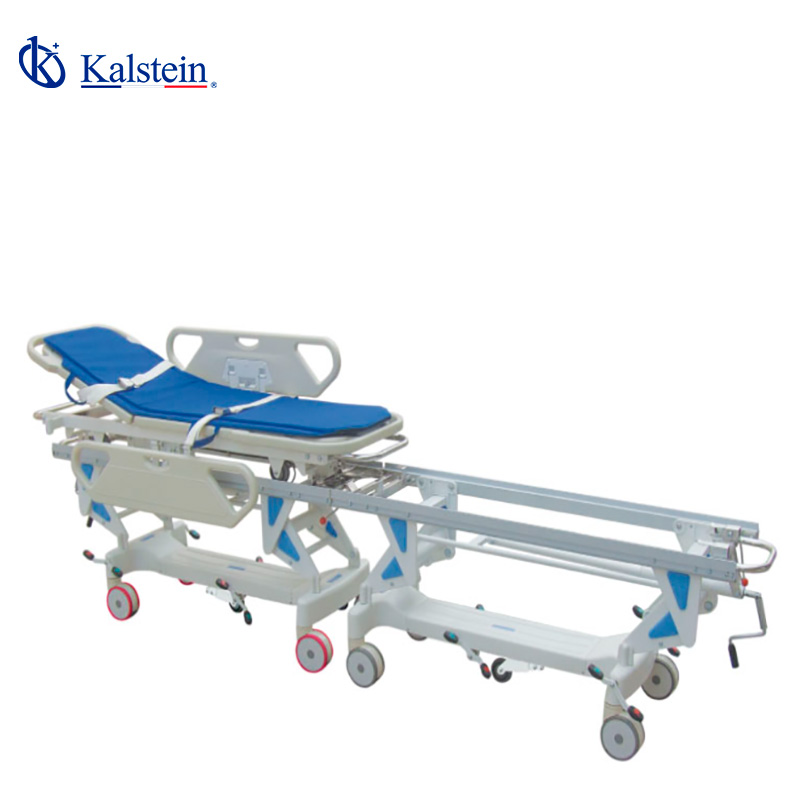Advanced research with laboratory gel systems has occurred since the early days of molecular biology; this technology provides a huge breakthrough in identifying molecules within biological systems. Gene enables the separation and analysis of biomolecules such as nucleic acids, proteins or lipids from a sample quickly and cost-effectively; currently, advanced research with gel systems includes the use of modified gene to provide much more complete information about the molecules being studied.
Relevant characteristics of laboratory gel systems
Laboratory gas systems are used for a wide variety of scientific applications, including the formulation of medical diagnoses, clinical studies and biological experiments.
The typical use of a laboratory gel includes the choice of length and size of gas for application, fixation of a sample to the gel and visualization of the sample in the light of ultraviolet flashes; the information collected can be used to identify subtypes, identify biological activity and study the effects of drug treatments.
The analysis of samples yields more accurate results with the use of laboratory gel systems
Today, advanced research with laboratory gel systems covers everything from peptide detection to gene expression and nucleic acid transcription analysis, and the modified genes can be used to identify single nucleotide polymorphisms and epigenetic modifications.
Likewise; the use of a gel containing a mixed purine and pyrimidine matrix is useful for analyzing patterns of RNA transcripts; this nucleotide matrix can be used to signal the transcription of a single gene, if present in a sample.
Benefits generated by the use of gel systems in research carried out by specialists
On the other hand, laboratory gel systems have also been drastically improved to allow the identification of interactions between biomolecules; this can be achieved by using electrogel and a two-pair signal approach.
Electrogels allow specific binding to the representation of the molecule in the sample, while the two-pair signal provides additional information on the interaction between different proteins, nucleic acids or lipids.
Information gathered with the use of modified gases can also provide more complete information about the function and role of molecules involved in various biological processes
Advances in laboratory gas technology have allowed research to find its way into many new territories; modified gases have enabled the identification of changes in biological activity that were previously invisible in another way.
This has significantly improved medical diagnoses as well as clinical studies that allow researchers to better understand molecular biology and its neighbors.
The use of gel systems allows biologists to deepen molecular biology and contribute significantly to a deeper knowledge and a kind of understanding of life
In conclusion, advanced research with laboratory gel systems has provided great scope to molecular biology; this technology has allowed significant advances in medical diagnosis as well as in the study of biological processes.
The modified genes now allow the identification of specific interactions between biomolecules, changes in biological activity, single nucleotide polymorphisms and specific transcripts.
Where specialists can get equipment gel systems for laboratories of good quality and at the best price
At Kalstein as a Manufacturer you can get the best gel systems, just visit our website HERE to enjoy great offers and prices without competition, as we are MANUFACTURERS and we can guarantee your effective purchase. In the link below you can choose the one that best suits your needs HERE



